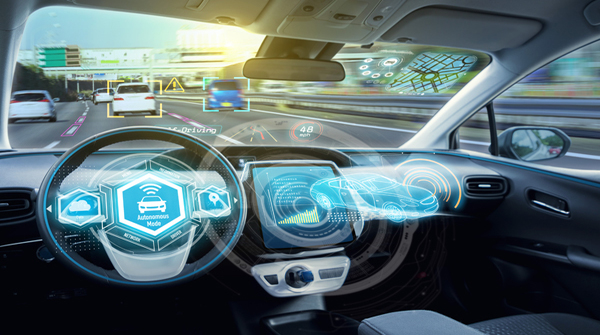The world’s first autonomous-class processor with integrated safety has been unveiled by chip designer, Arm, which has been specifically created for automotive applications combined with Split-Lock technology.
The Arm Cortex-A76AE (with ‘AE’ standing for Automotive Enhanced) is helping in the push toward mass-market autonomous driving with specific features to meet the requirements of in-vehicle processing.
Intensive amounts of processing will be paramount in an autonomous car it is predicted that an AV will require a billion lines of code, whereas a Boeing 787 Dreamliner requires 14 million so power efficiency is key for a SoC.
The Cortex-A76AE, which has been optimised for 7nm process nodes, features high-level processing capability with the industry’s first integration of Split-Lock technology in an automotive application.
This enables flexibility not available in previous lock-step CPU implementations, where CPU clusters in a SoC can be configured in split mode for high performance, where two (or four) independent CPUs in the cluster can be used for diverse tasks and applications.
It can also be used in lock mode where CPUs are in lock-step, creating one (or two) pairs of locked CPUs in a cluster, for higher safety integrity applications. The CPU clusters can be configured to operate in a mix of either mode, post Silicon production.
“The first autonomous-class processor with integrated safety, the new Arm Cortex-A76AE, which has been uniquely designed for automotive and includes Split-Lock technology, is a game-changing safety innovation available for the first time in application processors,” said Lakshmi Mandyam, VP Automotive, Embedded & Automotive Line of Business at Arm.
“Safety is the highest priority for car makers we talk with, for both the obvious technology factors associated with autonomous systems controlling all aspects of driving, but also to ensure that human passengers can trust their automated driver. If consumers don’t trust the autonomous systems in their cars are safe, then mass-market acceptance of this technology will be slow to happen.”
By James Billington


